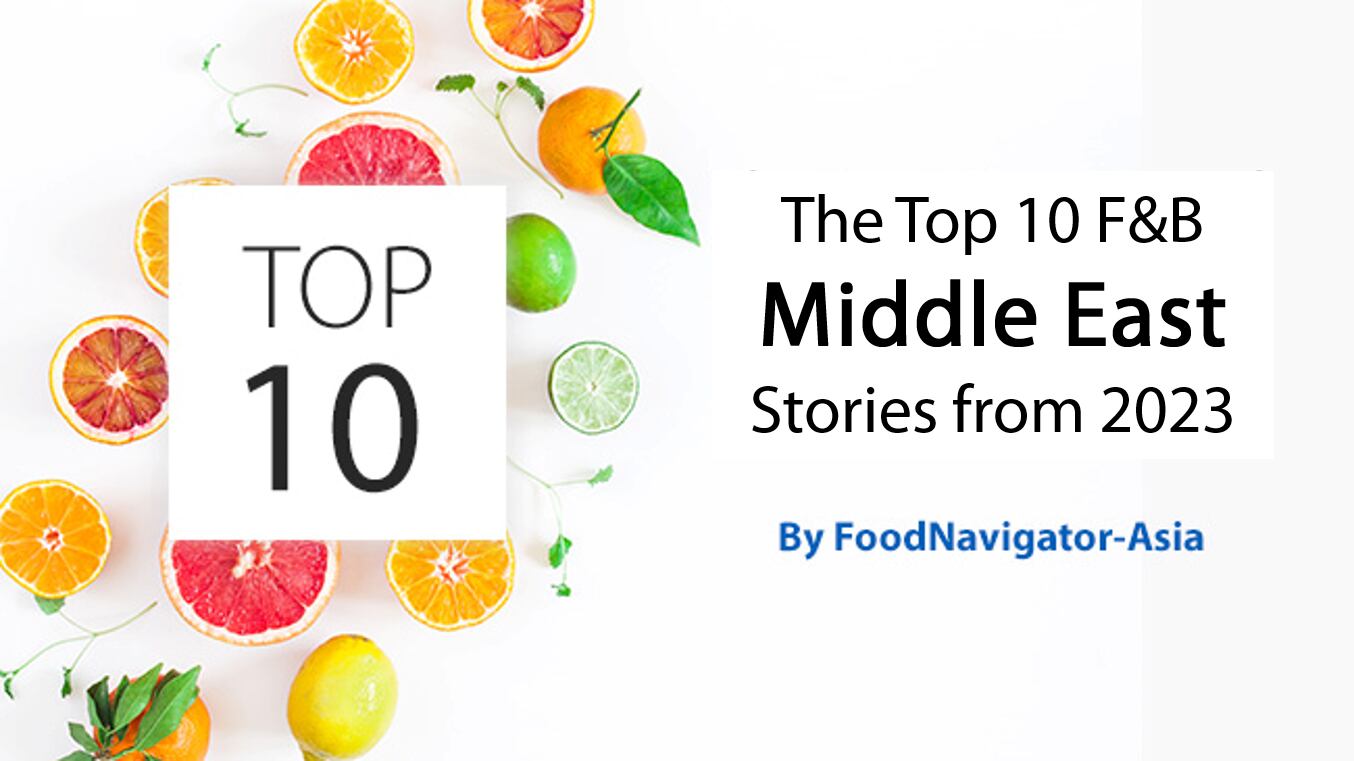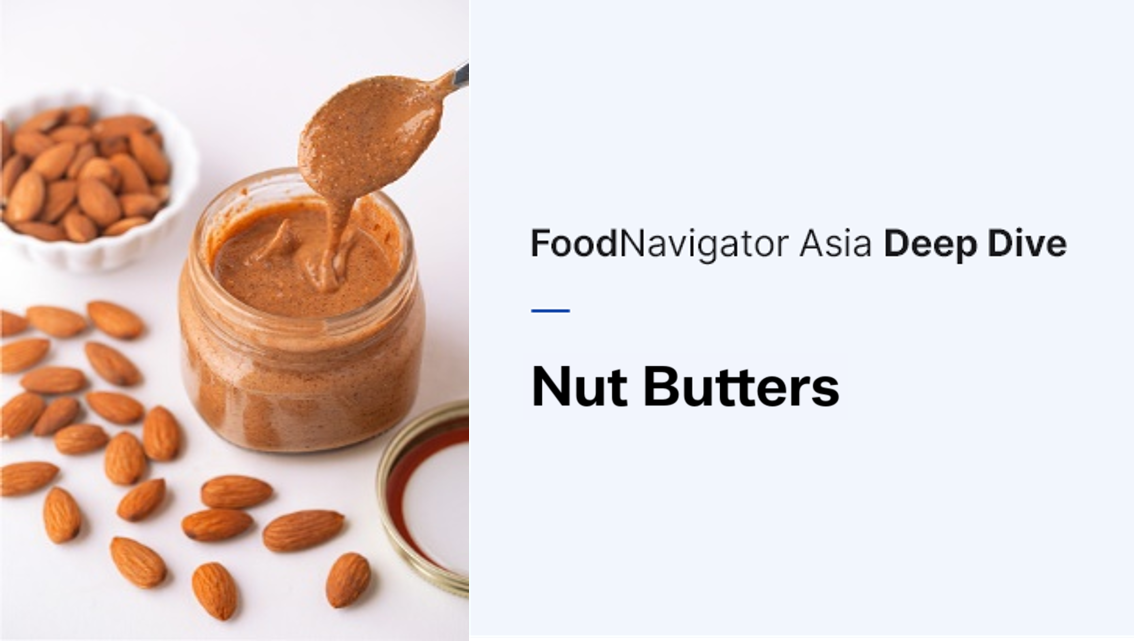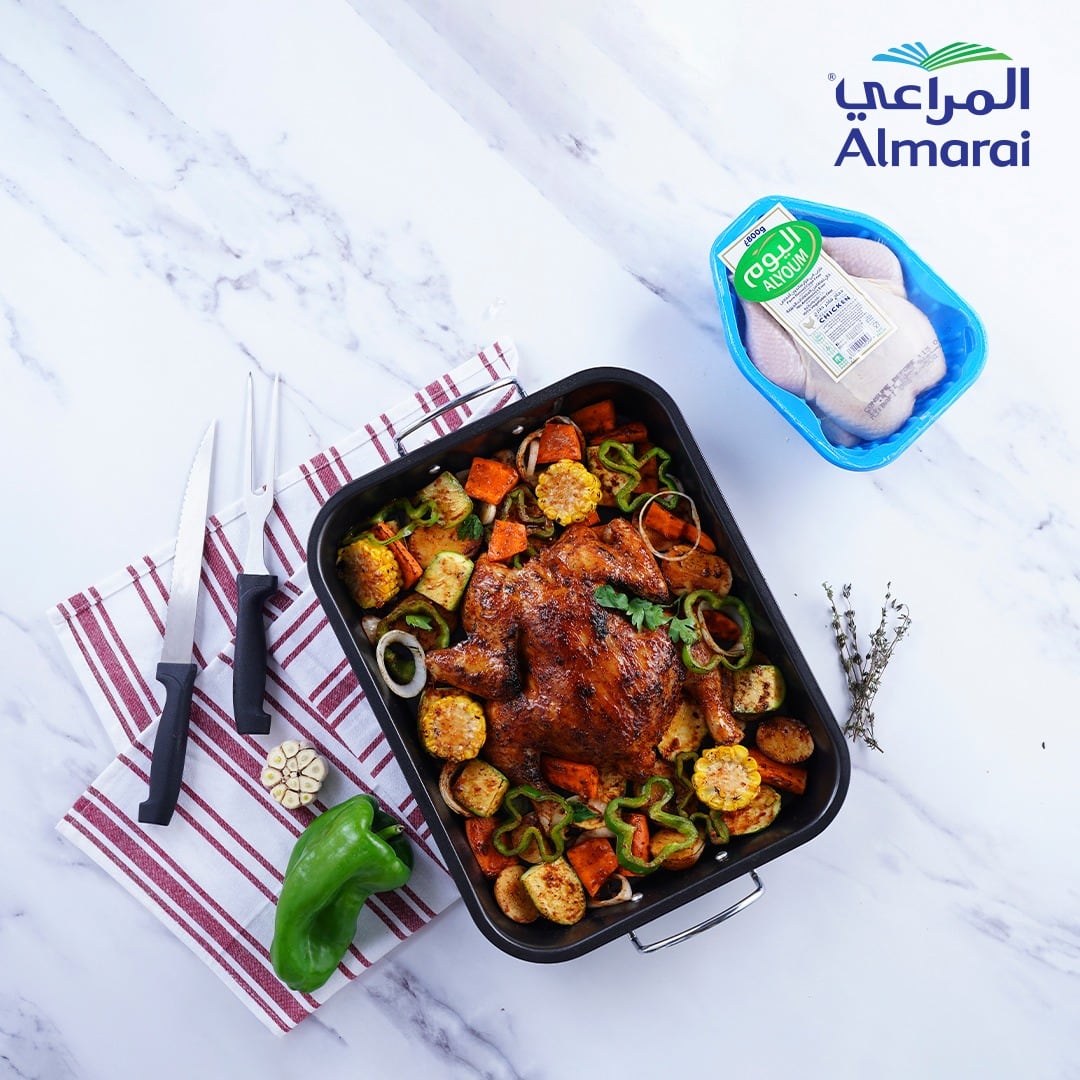Food development focus: UAE government highlights strengthening of local food security as key 2023 goal
The United Arab Emirates (UAE) government highlighted efforts to boost local food security as a key goal for the country to transform its food supply system in 2023 earlier in the year, alongside the introduction of new taxation strategies to fund further innovation and development.
The UAE is a desert country with limited natural agricultural resources and thus known to import at least 90% of its food, which has surfaced time and again as a source of concern for local authorities particularly in recent years when the COVID-19 pandemic caused food global supply chains to come to a near-standstill.
Authorities thus came to a decision to take more concrete steps to address this matter, starting with directives to local agencies to exhibit more support for locally-produced food products, in an effort to lead by example.
Mondelez snacking insights: Brand familiarity and indulgence crucial drivers for AMEA industry growth
Snacking giant Mondelez International has said the familiarity of brands as well as consumer demand for indulgence in their daily diets are key drivers for snack market growth in the AMEA region.
Mondelez released a version of its State of Snacking 2022 report earlier this year with findings specific to the Asia Pacific, Middle East and Africa (AMEA) region, which FoodNavigator-Asia has viewed, highlighting several key insights focused on consumer purchasing behaviour in this region.
One of its key findings was that brand familiarity is incredibly important to AMEA consumers, with many willing to put in extra effort to gain access to favourite, familiar snacks.
Saudi teen food trends: Study reveals ongoing shift towards fast food consumption
One in three Saudi Arabian youths have been found to consume fast food more than twice a week, sparking concerns that the nation’s rapid economic development has been leading to dramatic shifts in eating habits.
Furthermore, around 85% of Saudi Arabian youths have claimed to prefer fast foods to home-cooked food.
According to the findings, 28.5% of the participants ate fast food more than twice a week, with a higher proportion of male students (32.8%) being frequent fast-food consumers, compared to their female counterparts (24.8%).
Temporary reprieve? Dubai alcohol firms welcome ‘fixed’ price drops resulting from tax removal
The alcohol sector in Dubai warmly welcomed the authorities’ decision to scrap its 30% taxation on sales at the beginning of the year in a bid to lower prices and boost tourism, despite officials highlighting that this is not yet considered a permanent change.
From 1 January 2023, the Dubai Municipality had removed its previously hefty 30% taxation on all alcohol sales, a tax widely acknowledged to have driven alcohol prices up so high that consumers would visit other emirates to make their purchases.
The scrapping of this tax was seen as Dubai’s latest bid to win back local shoppers and increase tourist spend, amidst a flurry of other liberalising regulatory shifts in the city such as ending a ban on unmarried couples living together.
Calling for collaboration: UAE makes big moves to lure investments for sustainable economic development
The UAE discussed plans for its first food-grade plastic recycling plant earlier this year amid moves to promote local and international partnerships to bolster the country’s shift to a circular economy.
The UAE’s Ministry of Industry and Advanced Technology (MoIAT) announced several initiatives aimed at attracting domestic and international investors to support sustainable economic development, such as the plan to establish a plastic recycling plant in Abu Dhabi which would significantly reduce plastic waste and spur economic growth through the export of food-grade recycled materials.
This was envisioned as a multi-partner collaboration between Veolia Middle East’s subsidiary Repeet, UAE-based sustainability pioneer Beeah Group, and F&B conglomerate Agthia.
Big name, big influence: Traditional protein giant Americana sees plant-based opportunity in Middle East
Middle Eastern food industry giant Americana told us earlier this year that its status as a household name and trusted brand in the region would help propel its plant-based range Nabati, despite the alternative protein segment having yet to reach its full potential in the region.
Americana is one of the largest food brands in the region alongside other big names such as Agthia and Baladna, and has long been one of the best-known there for its animal protein products such as Gourmet deli meats, Sayyad frozen seafood and a variety of other processed chicken and beef items.
The firm launched a new range of plant-based meat products under the brand Nabati early in 2023, including this under the arm of its mainstream Protein business.
‘Remarkable’ performance: UAE beverage and snacking categories shrug off inflationary pressures
The beverage and snacking categories in the United Arab Emirates were reported to have emerged as major food and beverage industry growth drivers across 2022, despite inflationary pressures in the region.
The UAE Food and Beverages Business Group and Nielsen IQ insights detailed their success in the UAE Food and Beverage Annual Report published earlier this year.
“The beverage category in particular has displayed remarkable growth post-COVID-19 from Q4 2021 onwards,” NielsenIQ Director SMB Adeel Durrani told the floor during a live event focused on the analysis of the report’s findings.
Sauce of growth: Lee Kum Kee craves bigger presence in SEA, India and Middle East
Long-established sauces brand Lee Kum Kee said that it has been keeping up with the times through flavour localisation and staying attuned to global trends by introducing heathier options and convenience sauces.
Claimed to be the inventor of oyster sauce more than a century ago, Hong Kong-based Lee Kum Kee today houses over 300 items under its portfolio of Asian condiments.
“Currently, we distribute to more than 100 countries worldwide, with our home ground China as the biggest market. We hope to have a bigger outreach not only in this region, but all the way to India and Middle East,” Cheryl Chan, Regional Marketing Director of Lee Kum Kee, told FoodNavigator-Asia.
Nutritional navigation: UAE eyes ‘virtual elimination’ of trans fats and sets ambitious salt reduction targets
The United Arab Emirates (UAE) government announced implementation guidelines for its National Nutrition Strategy 2022 – 2030 earlier this year, eyeing the ‘virtual elimination’ of trans fats in the local food supply as well as a 30% reduction in consumers’ average salt intake.
The UAE’s National Nutrition Strategy 2022 -2030 announced by the UAE Ministry of Health and Prevention (MoHAP) in late 2022 specified broader public health targets including the reduction of stunting and overweight in children under five years of age, reducing anaemia in women by 50%, as well as halting the rise in obesity in children and both obesity and diabetes in adults.
“To achieve the targets laid out in this strategy, it is essential to establish sustainable, resilient food systems for healthy diets,” MoHAP Health Promotion Department Director Nouf Khamis Al Ali stated at a high-level government panel discussing the strategy.
Dairy self-sufficiency in Asia: Baladna eyes more South East Asian markets after Malaysia success
Qatari dairy giant Baladna has had its eye on more markets in South East Asia to bring its sustainable dairy self-sufficiency model to, after successfully securing and setting up its joint venture in Malaysia.
When we last spoke with Baladna earlier in the year, the firm had just confirmed its dairy venture plans in Malaysia, to initiate operations by 2025 and produce 100 million litres of fresh milk annually within the first three years.
Several months on, the firm had firmed up more aspects of its business strategy and stated that the initial focus will be on Malaysia’s liquid milk market.





